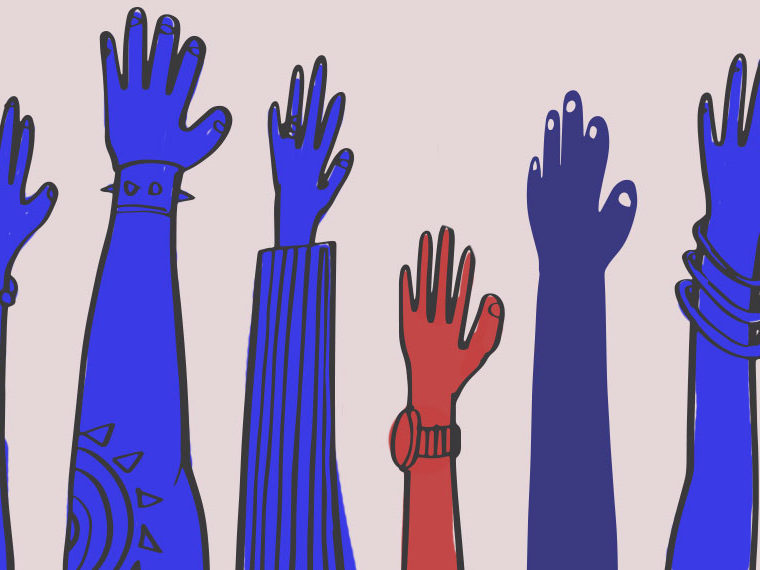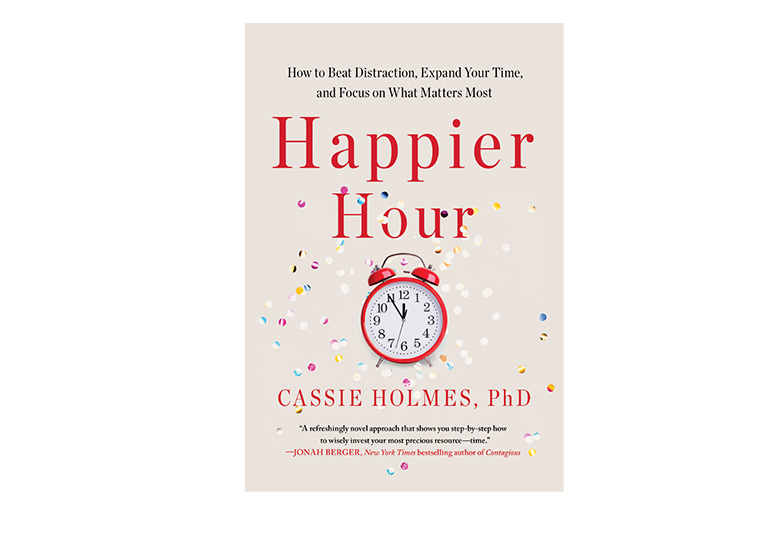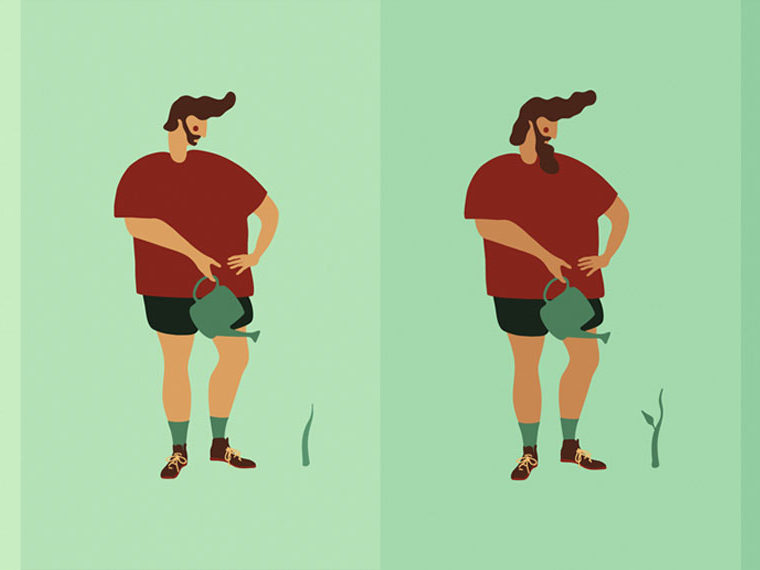Asians, more than Americans and Europeans, make a point of experiencing joy in the short term
The relatively young academic field of happiness research has produced plenty of evidence that we often don’t intuitively lean into behaviors that boost our mood. A core tenet of the research is that there are two distinct flavors of happiness:
- “Experienced happiness” is the in-the-moment pleasure of enjoying oneself right here, right now.
- “Remembered happiness” comes when we look back and feel good about an experience or accumulated experiences.
The relative merit, interplay and drivers of the two approaches is of interest among happiness researchers. In an article published in the Journal of Positive Psychology, UCLA Anderson’s Cassie Mogilner Holmes and Harvard’s Michael Norton report on a series of five experiments involving more than 3,300 participants that explored whether a personal preference for either type of happiness is dependent on whether we’re thinking long term (our life) or short term (what to pursue in the next hour or day).
Nearly 8 in 10 American participants chose experienced happiness when the time frame was their entire life, and 65 percent chose it when the time frame was a year. But when participants were given shorter time frames of the next hour and the next day, there was no clear preference: 49 percent expressed a preference for experienced happiness during the next hour, 48 percent chose it when the time frame was the next day.
Opt In to the Review Monthly Email Update.
Holmes and Norton ruled out impatience as a factor for why American participants had a strong preference for experienced (immediate enjoyment) over remembered happiness (you must wait until you get to the point of reflection to experience the enjoyment) in the longer time frame. In one of the experiments, they asked participants to choose between experienced and remembered happiness for an hour here and now, and for an hour at the end of their life. There was no clear preference; 52 percent chose experienced happiness when the hour was right now, and 54 percent when the hour was at the end of their life. The driver was the length of time considered, not when it occurred.
Participants from Europe had a similarly split mind depending on the time frame. Nearly two thirds of participants from England and The Netherlands chose experienced happiness for the lifetime frame. When the focus was just on the next hour, more than 6 in 10 European participants said they were more focused on remembered happiness.
Holmes and Norton found evidence that this is not some global human behavioral quirk; rather, it may have a cultural underpinning. In a separate experiment, they put the same questions to participants in China and Japan, where “there is a long religious history of teaching the value of mindfulness and appreciating each present moment.”
Whereas Westerners expressed a preference only over longer time frames (and their preference was for experienced happiness), Easterners reported a consistent preference regardless of time frame. More than 8 in 10 participants from China and Japan chose experienced happiness when contemplating the next hour or their entire life.
Holmes and Norton suggest Americans and Europeans might want to take some cues from Asia. “Westerners may be less likely to follow their life philosophy of fully experiencing the moment when considering their next hour or day,” they write. “Since people typically live hour-to-hour, these findings imply that [Western] people may end up living a different version of happiness than what they believe is a happy life.”
Featured Faculty
-
Cassie Mogilner Holmes
Professor of Marketing and Behavioral Decision Making; Donnalisa ’86 and Bill Barnum Endowed Term Chair in Management
About the Research
Mogilner, C., & Norton, M.I. (2018). Preferences for experienced versus remembered happiness. The Journal of Positive Psychology. doi: 10.1080/17439760.2018.1460688






